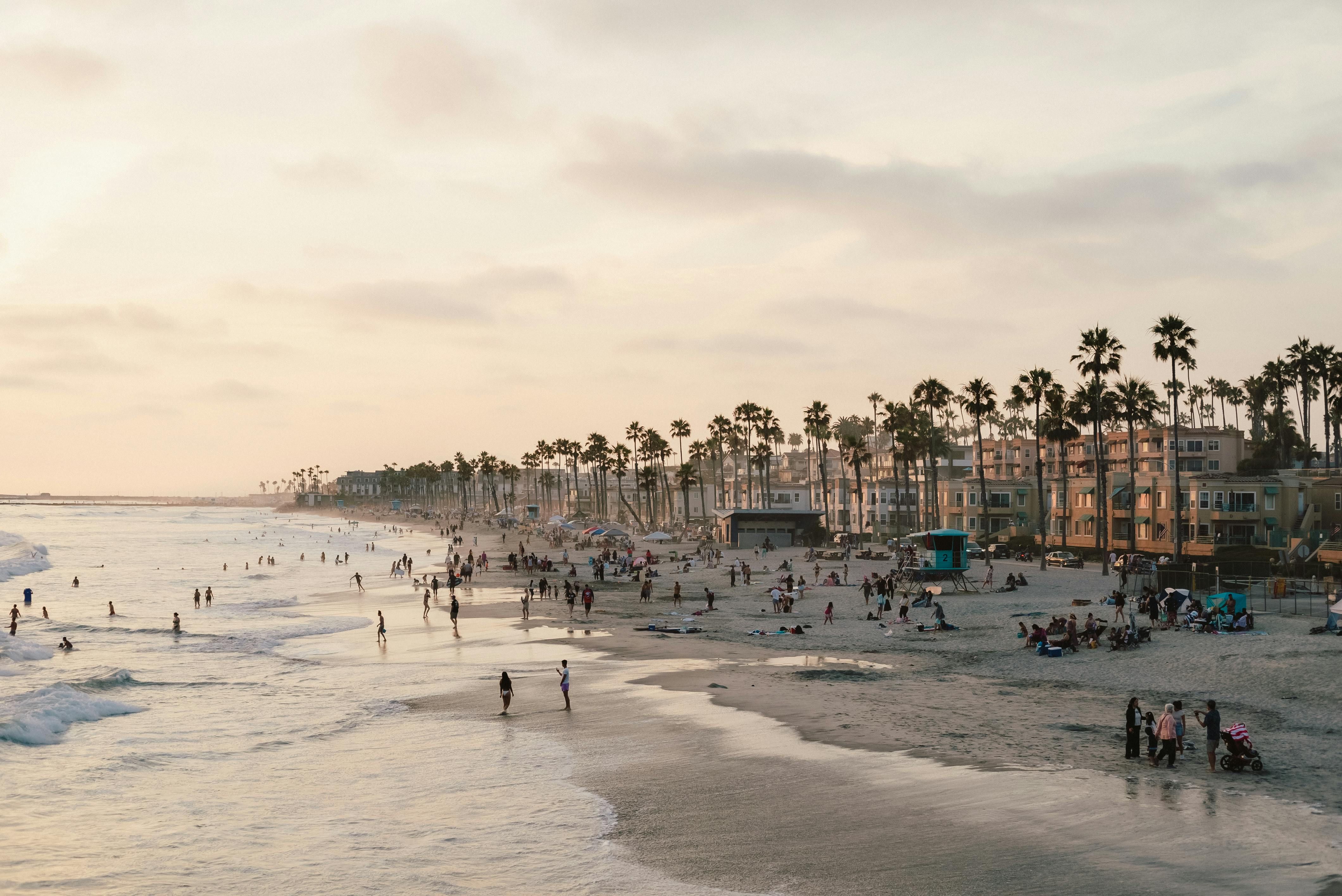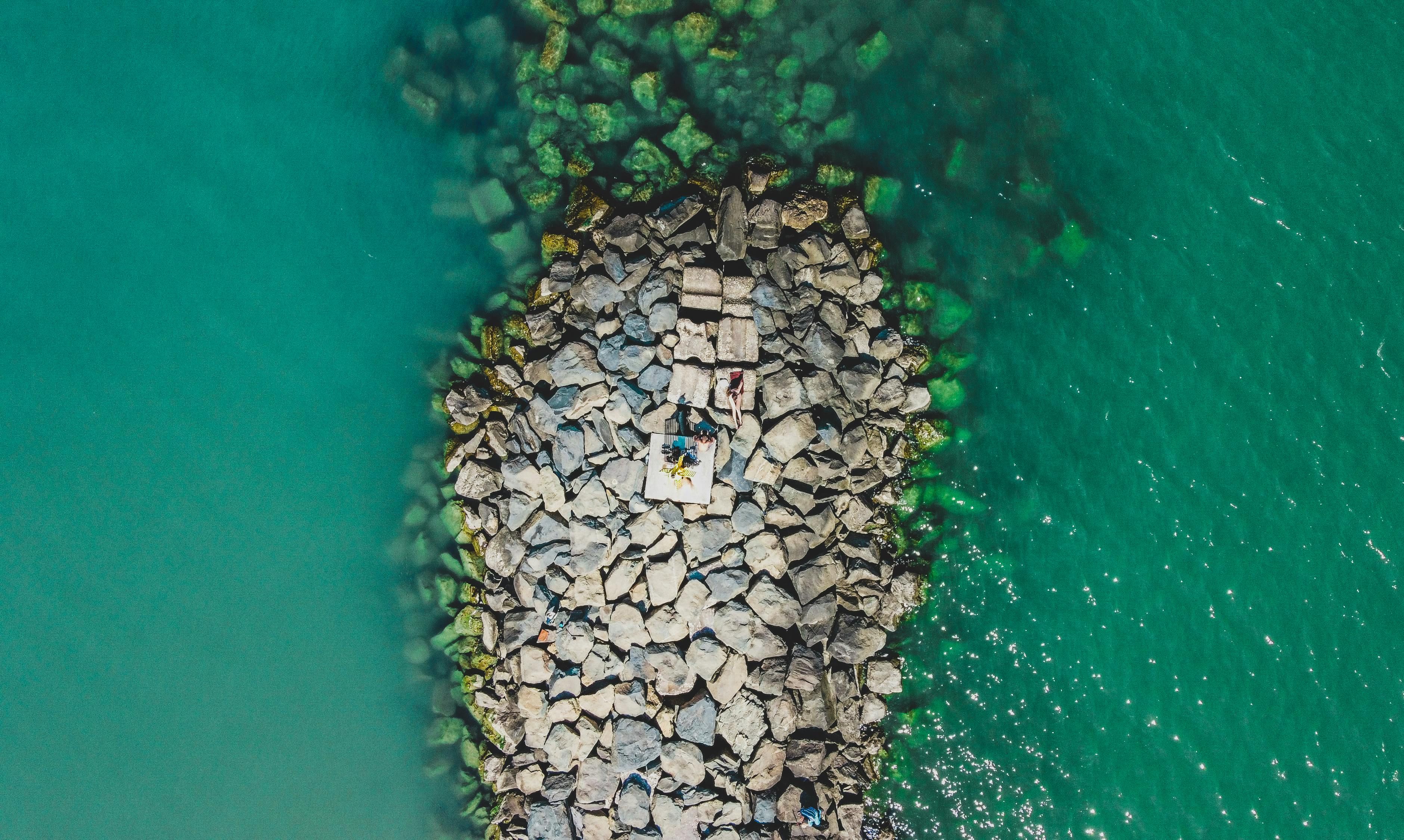The Timeless Barista: Nonna Anna Bucks Cafe Closures Trend
Grandma Anna, dubbed the final survivor of her kind, resists the demise of the café.
Insight: Italy's café bars, particularly family-owned businesses, are battling a shortage of young talent, long hours, low wages, high rents, and escalating coffee costs.
For over six decades, 100-year-old Anna Possi has been opening the doors to her "Bar Centrale" in the picturesque Italian village of Nebbiuno, above Lake Maggiore, at 7 am every day. Known locally as Nonna Anna, she turns 100 this November, making her the oldest café bar owner in Italy. However, this historical badge might also symbolize the challenges confronting Italy's café bars.
Panorama: Summer Job Sought on Great Blasket Island Despite counting 132,000 café bars between South Tyrol and Sicily, the numbers have decreased by 20,000 over the past ten years[1]. The reasons for the decline are commonplace: workdays of 12 to 14 hours, low wages, high rents, and rising coffee costs. For young people, the job of a barista is not appealing[2].
Year-Round Service - Even on Christmas
Italy's café bars form an essential part of daily life: from the morning espresso or cappuccino, often accompanied by a cornetto, to small cups at lunchtime and an evening aperitivo. Regardless of whether it's in a big city or small village, people meet and chat, mainly about football rather than politics.
At Nonna Anna's café, she remains an institution. Retiring officially at 60 in 1984, she thought it was time to step down. But why should she, asks Nonna Anna? "My bar is so much more than just work. It's my life." She even works on Sundays and holidays. "People still want their coffee on Christmas." For over six decades, she has never taken a vacation, save for eight days in Paris[1].
Panorama: No More Smoking Indoors in Milan Anna Possi was born a few kilometers away, in Vezzo, also above the lake. After finishing school and the war, she worked for a few years in a restaurant on Lake Geneva. There, she met her Swiss husband René. Together, they bought the bar in the center of Nebbiuno. René has been gone for half a century now, succumbing to a heart attack.
Now, her daughter Cristina provides occasional assistance, working across the town hall. The 61-year-old also lives above the bar in the apartment next door. Her son lives 75 kilometers away in Milan, and her two granddaughters have moved out. So, the 100-year-old woman is still responsible for most of the work herself.
Panorama: Trouble Ahead for Restaurant After Terrible Review Nonna Anna earns a modest income. A coffee costs 1.20 euros, a cappuccino 1.50 euros. On some evenings, when no tourists come, she might have as little as 40 euros in the till. Her pension amounts to 590 euros[1]. "But I don't need much," she says. "It's important to be among people. Then I'm happy."
Though Nonna Anna's health is strong, her hearing could be better. "My head still works, and so do my bones," she says. She claims she hasn't been to the doctor in two and a half years. Her daughter, Cristina, mentions it has been closer to five. She refuses to wear a hearing aid, as it supposedly never works. And as for medication: one tablet a day, for high blood pressure. "But I only take half. You don't have to believe everything the doctor says."
Embracing Diversity In today's world, people share emotions and experiences, disregarding origin, gender, or life path. Germany's RTL is celebrating the value of community during the "Week of Diversity" from March 10 to 16, 2025, emphasizing that we have more in common than what divides us.
Nonna Anna has no grand plans. "I used to want to go to Paris again, but that's not happening," she says, adding with a chuckle, "Not that it matters: The French can't make coffee anyway."
She doesn't dream of her bar surviving her. "When I'm gone, so is my bar," Nonna Anna shrugs, then picks up her knitting once more.
[1] Source: ntv.de, Christoph Sator, dpa
Insight: Sustainable tourism practices, increased investment in luxury hotels, and the Jubilee Year of 2025 could bring opportunities for smaller, family-owned cafes to adapt and thrive amidst challenges.
- Highlighting the need for new talents in Italy's café bars, community policy could consider implementing vocational training programs focused on the barista profession, aiming to attract more young individuals by 2025.
- In stark contrast to the declining numbers of café bars in Italy over the past decade, Bar Centrale, owned by 100-year-old Nonna Anna in Nebbiuno, has consistently thrived despite a lack of formal assistance from family members.
- Despite Anna Possi's café, Bar Centrale, being a symbol of enduring resilience in the face of industry challenges, its longevity might not be passed down to future generations, as Nonna Anna has no plans for her bar to continue operating beyond her lifetime.







